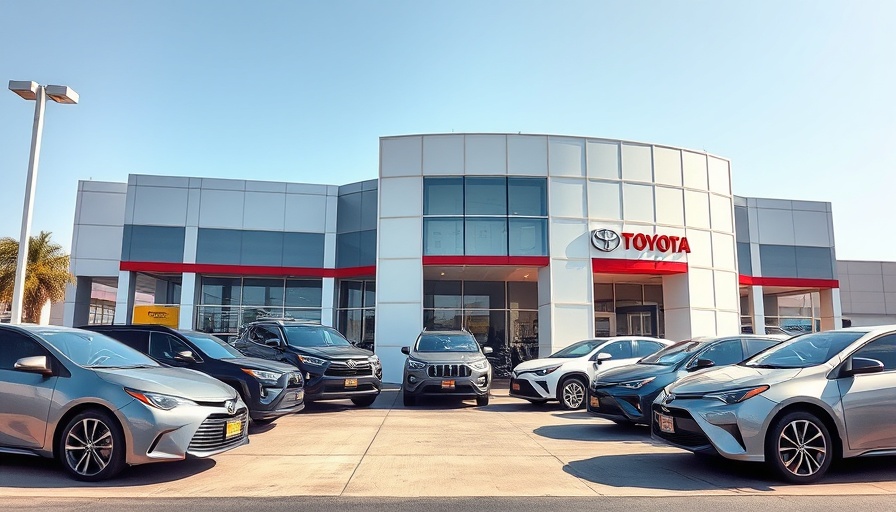
California Sets Bold EV Mandate with EPA's Approval
California has taken a bold step forward by setting ambitious standards for vehicle emissions, as the Environmental Protection Agency (EPA) recently approved its Advanced Clean Cars II (ACC II) program. This mandate aims to phase out the sale of most new gasoline cars by 2035, allowing only vehicles like plug-in hybrids with significant electric ranges.
Impact on Dealerships and Car Sales
For dealership principals and general managers, this regulation represents both an opportunity and a challenge. As states like Oregon and Washington join in, the shift towards electric vehicles (EVs) is encouraging dealerships to adapt their sales strategies and inventory. This change might result in cleaner air, lower costs, and expanded consumer choices nationwide.
Potential Political Reversals Loom
However, uncertainty persists as former President Trump, anticipated to challenge these waivers again, previously attempted to withdraw California’s authority to set stricter emission standards. Such regulatory "ping-pong" affects dealerships' long-term planning and investments in EV infrastructure, given the potential for policy shifts under future administrations.
Relevance to Current Events
The EPA waiver's broader relevance extends to the U.S. Climate Alliance's efforts, highlighting a commitment to sustainable transportation. With California's emissions rules influencing 60% of the U.S. economy, the ramifications are significant for national and international automakers striving to align with evolving environmental policies.
Counterarguments and Diverse Perspectives
While environmental groups hail California's mandate as a critical step forward, industry representatives, like the Alliance for Automotive Innovation, express concerns. They argue this move could lead to unaccountable regulatory complexities, pointing to potential legal challenges affecting dealership operations across states.
Future Predictions and Trends
As states align with California's emission targets, dealerships may expect increased consumer demand for EVs over the upcoming decade. This trend underscores the importance of embracing a forward-thinking approach in inventory management and customer education about new automotive technology, ensuring readiness for the ever-evolving market landscape.
 Add Row
Add Row  Add
Add 




Write A Comment